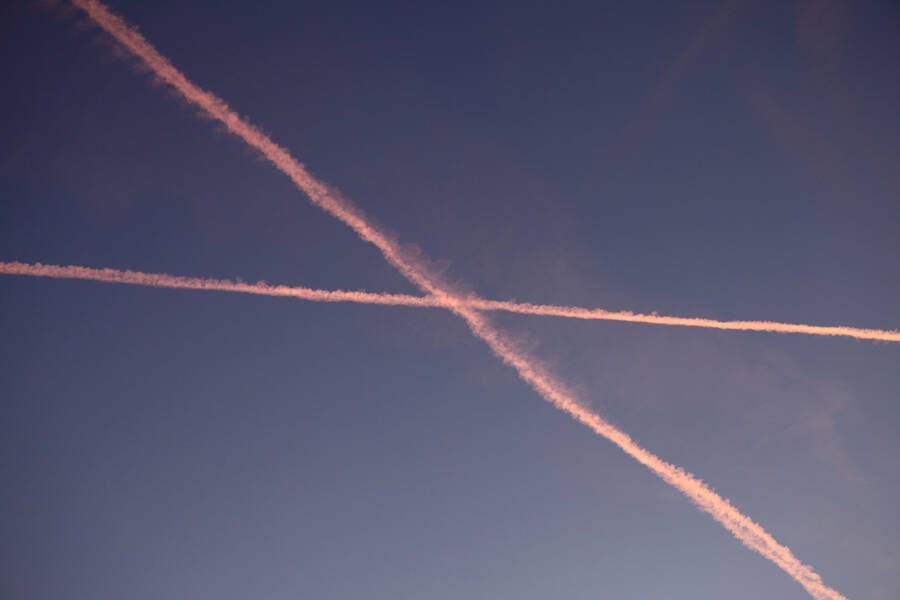the inconceivable decibels of all the things we’ve lived before
We’ve been advised of the quotas of casualty, this time
But of all the things I lost when I lost hearing
Was the sound of ‘human animals’
how did you come to be ‘human animals’
they asked
We were born I told them
the regulators and the fascists along each perpendicular,
with the least time on earth to live, signed off on
the old fantasies at press conferences
the editors printed their carnage again like welcome news
and I was in a ship again
with none of my belongings except my throat
I tell you, I was limbless and talking
I was going to a funeral every day
it was a tv series and I was human, animal
call my cell, call me, you’ll see the pictures
all of them believe in god, all of them
billionaires exchanged more than 1000 emails in their conviction
text me, they charged my credit card with
mourning, I was mourning for four years already
and the bank said I should boost my financial wellness
be prepared to face high interest rates
but I’m mourning, episodically
the undertaker said I should shut the fuck up,
who would love a corpse,
I came into the world as a corpse and
Now, who am I fooling about now, anyway
there’s famine and phosphorous air and no water
and if you leave the oil in the ground
or in the sea you will worsen the dirty emissions
and we’ll die today rather than tomorrow
any war is atrocious except the one they agree to with an agreement
the gates of hell legislation, set out the theory
along a long beach where who worries about proportion
there were ghost cities with people
there were the usual suspensions of rules at the morgues
your eyes could be wide open
everyone could be alive there
everyone could be walking, everyone could be upright
talk to Black people, we know
the situation is always devastating and
the armed immortal fence along the borders stretch out into all the seas
this is for the ‘human animals’
the new features and the revenues of disappearing
travelling by bombardment, fleeing by oil and gas concessions
no one can defend us, no one did
some of us are meat like ‘human animals’
retrospectively eliminated
I’m too soft on ‘human animals’, I know,
generally, shouldn’t mourn ‘human animals’
There was always the silence of the evacuations
1.1 million people stretched out along the highway
1.3 Celsius of human sources warming the planet the human scientist said
what should I accept and what should I grieve
in the consumer price data, limping along
the funds predict that growth will slow to 0.7 percent, what growth
atrophies the mind and the fingertips signing
all the declarations against the ‘human animals’
remember some of us know this even longer
if we do this in a formalised manner
you may drink the sewage water
the orders of censors documenting the mouths on these subjects
Here’s to what I know and here’s to all my fears
“… and all of our hearts … at JP Morgan Chase go out to all who are suffering.”
$13bn in profit from July to September
the permitted style of mourning
drenched in cortisol, produced by many animals
we left our coffee behind and the clothes in the dryer
measured but only briefly, who could look up for long,
the contrails to the genocidaire tourism
and the politicians embrace, and authorize
this old wonder of the world, this newest color of the grimmest pink
I’ve taken this inventory before for all the ‘human animals’
liberal democracy has entirely failed and failed to even hide its fascisms
this narrow path of language
leads me here
